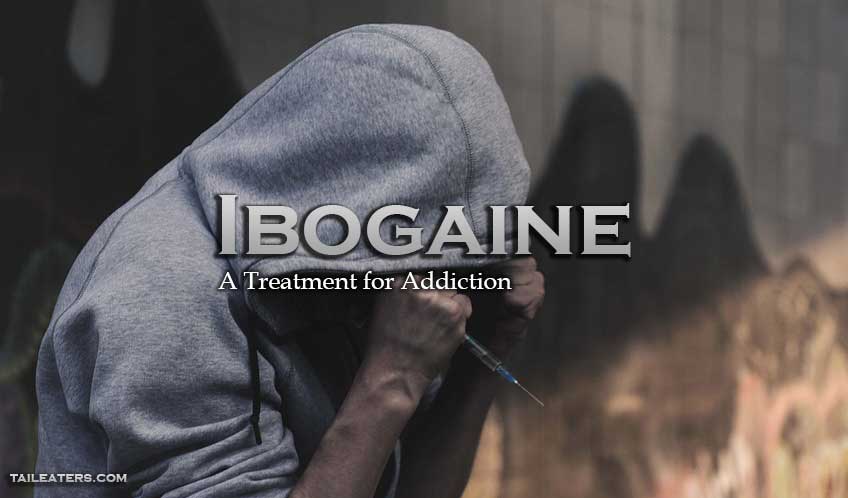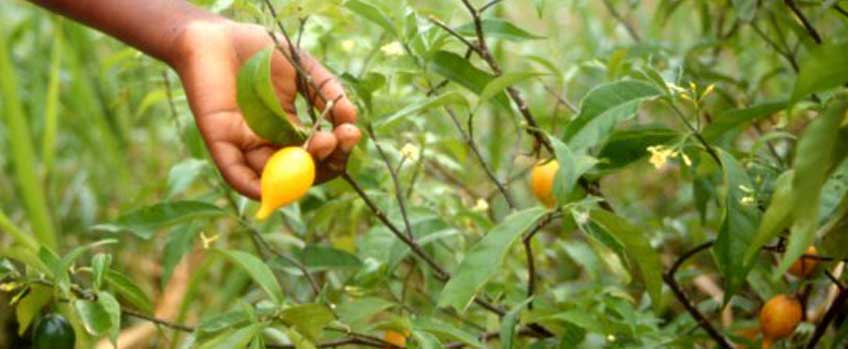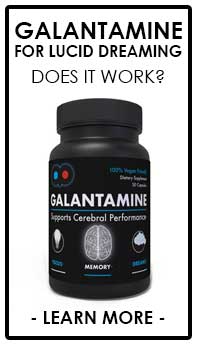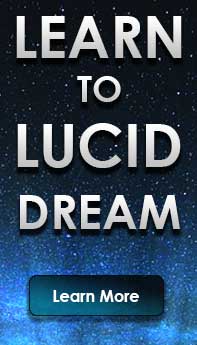
Ibogaine Treatment for Addiction
We live in a society with an ever-present addiction problem. As addiction rates continue to grow, the reality of just how insufficient our current treatment methods become clear. These methods work for some; however, for the majority, these methods are not doing enough to combat the problem effectively.
Drug Addiction and Drug Overdose
It seems that every day a new example of drug abuse or addiction makes the news. We’ve seen some awful stories. Mothers overdosing in grocery stores, people passed out in vehicles and statistics that continue to show just how prevalent narcotic addiction has become.
These aren’t instances happening a world away. Many of these scenarios are happening in our own backyards. Our friends, our loved ones, and our communities are all susceptible to the dangers of drugs.
The US has declared a state of emergency, and the government continues to search for better solutions to this problem.
Many professionals are acknowledging the need to do better, and broadening their views on alternative treatment methods. This has led to a renewed interest in drugs like Ibogaine that have, in the past, been a beacon of hope for many who have failed to respond to traditional treatment methods.
What is Ibogaine? An Overview of this African Psychedelic
Ibogaine is a powerful psychedelic alkaloid harvested from the Tabernanthe Iboga shrub that grows wild throughout Africa.
The pigmies that initially lived in the area discovered that Ibogaine, in its raw plant form Iboga, could induce an incredibly spiritual state when ingested in specified amounts. They passed this knowledge onto future generations, the ancestors of native tribes in the area today.
These tribes held on to teachings passed down from their parents. This included knowledge and use of Iboga, which is still used in many of their deeply religious experiences and rites of passage ceremonies.
The Bwiti religion of Africa built many of its religious belief systems around the effects of Iboga. It’s seen as a means of both spiritual and physical healing.
It wasn’t until the 19th century that Iboga made its way to Europe and then to the Western world—where it was discovered to have properties that aided in the treatment of severe drug addiction.

The Discovery of Ibogaine’s Effects on Addiction
When Iboga was first brought over from Africa and synthesized into Ibogaine by French scientists, they found that Ibogaine could be used as a stimulant in small doses.
As the drug grew in popularity for its ability to induce a state of wakefulness and mental clarity, more members of the scientific community began to take notice.
However, it wasn’t until 1962 that the psychedelic revolution set the scene for the discovery of Ibogaine’s powerful ability to counteract addiction.
A 19-year-old heroin addict named Howard Lotsof was doing what so many others were doing during the 1960’s—looking for new psychedelic drugs to experiment with.
Lotsof took a large dose of Ibogaine and soon discovered that the experience completely took away his withdrawal symptoms from his heroin addiction. Lotsof was able to almost immediately detox from heroin with one dose of this powerful psychedelic.
Lotsof’s discovery set off a chain of events that would revolutionize the way that many in the addiction treatment community approached treatment.
Shortly after this, the US classified Ibogaine as a Schedule I drug—making it illegal to possess or even study scientifically.
Lotsof was forced to study Ibogaine elsewhere, eventually settling down in New Amsterdam where he studies Ibogaine for the rest of his life.
Ibogaine’s Intervention and Capabilities
One full dose of Ibogaine has some remarkable effects on addiction. Ibogaine works in two separate and distinct ways to target addiction—first it targets addiction in the physical brain, and second Ibogaine can help treat the underlying psychological problems that often cause addiction.
Withdrawal Symptoms from Heroin and Opiates
Drugs like heroin and other opiates can hijack the pleasure centers of the brain where addiction occurs. These drugs mimic natural “pleasure” chemicals and plug into neuroreceptors—creating a euphoric effect that the body identifies as a positive reward.
Our bodies are wired to seek out pleasurable stimuli based on our natural survival mechanisms. This form of pleasurable stimuli is what makes drugs like heroin and opiates so addictive.
Dependence sets in quickly and, within a relatively short time frame, many addicts are only using to avoid withdrawals and to feel a sense of normalcy.
And withdrawal symptoms from heroin and opiate use are some of the most difficult to overcome. When an addict stops using, the brain sends out distress signals which we call physical withdrawal. The physical withdrawal can include everything from tremors, fevers, nausea, vomiting, cold sweats, sleeplessness, body aches, seizures, and severe hallucinations.
Ibogaine Treats the Physical Brain
Ibogaine treatment works on the same neurotransmitters in the brain that have been affected by opiate and heroin use.
By targeting these areas in the brain, Ibogaine resets the brain back to its pre-addicted state. The majority, if not all, of the withdrawal symptoms from heroin and opiate addiction are eliminated, and the addict is relatively normalized in a period of 12-24 hours.
This process can take weeks, even months, for the addict to do naturally without the help of Ibogaine. The reduction in withdrawal symptoms is what makes Ibogaine such a powerful drug addiction treatment. Many addicts use drugs to avoid withdrawals. Ibogaine allows the addict to overcome their withdrawal symptoms in a matter of hours, giving the addict a chance to decide for themselves to stay off drugs and move forward with their lives in a more positive way.
Ibogaine’s Treatment and the Psyche
But Ibogaine doesn’t work only on the physical brain. Addiction is often a profoundly personal disease that requires true introspection and psychological healing to overcome. Ibogaine induces a state of dissociative objectivity in many addicts that allows them to view their past from a unique perspective.
Often, addicts can confront the underlying reasons for turning to drugs and alcohol in the first place. Trauma, negative life experiences, and bad decisions are usually dealt with during this introspective phase, helping the addict achieve a new level of understanding and healing.
This form of healing, in conjunction with other methods, can give an addict the insight they need to understand their trauma finally and to face their dependency issues in a new and more effective way.
How Safe is Ibogaine?
Ibogaine is not without risks and should only be administered by a licensed medical professional in a clinical setting. Highly trained medical staff must be present and available to observe the treatment process to reduce risk and complication associated with Ibogaine treatment.
A doctor may ask you to undergo specific tests to make sure that you’re healthy enough for treatment in the first place.
Find the Path That’s Right for You
Ibogaine is an alternative treatment option that isn’t right for everyone. The best treatment method is the one that works for the individual addict.
In the end, the addict must decide to stay sober. Don’t be discouraged, don’t lose hope, and don’t be afraid to think outside of conventional methods. Everyone deserves a happy, successful life free from addiction.
Join the Discussion
Want to discuss more about this topic and much more? Join our discussion group online and start exploring your consciousness with others like yourself
Aeden Smith-Ahearn was a drug addict for many years. Through ibogaine drug treatments, he was able to beat his addictions and has remained clean for five years. Smith-Ahearn is now an educator and advocate for the plant-based drug therapy.



Recent Comments